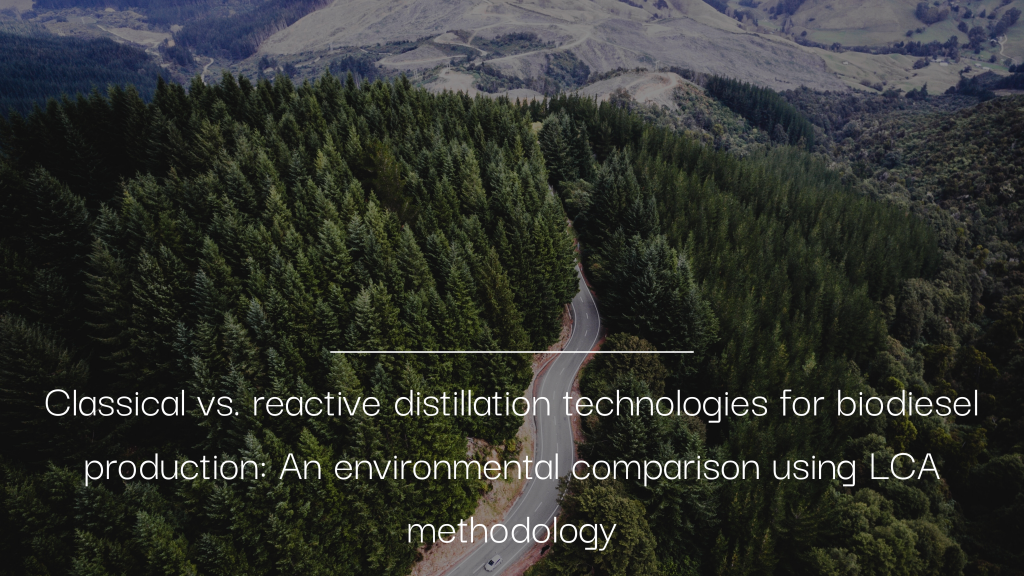Sustainable fuels and technologies are expected to significantly contribute towards climate change mitigation considering that the transportation sector provides a 23% share out of the total CO2 emissions. Biodiesel is a much cleaner and more sustainable energy source than petro diesel because of several advantages it offers. The use of biofuels in the transport sector could combat greenhouse gas emissions, especially carbon dioxide emissions, in multiple ways. On the one hand, biofuels are considered to be carbon neutral because the new growing feedstock is assumed to absorb the CO2 released by burning the biofuel. On the other hand, any emissions released by either diesel or gasoline combustion are avoided. In addition, by using biodiesel, there would be a reduction in the use of both fossil and petroleum fuels.

To learn more about biodiesel production, we invite you to read the new article produced by CONVERGE partner – Bolyai University, Faculty of Chemistry and Chemical Engineering. The research presents modelling and simulation of biodiesel production, through an acid transesterification process, using both classic and intensified methods, coupled with an environmental impact analysis performed following the Life Cycle Assessment methodology. The traditional biodiesel production consists in the synthesis and separation sections, while the intensified method is based on reactive distillation. ChemCAD software was used to simulate and evaluate the processes from a technical point of view. Methanol is generated using CO2 and H2, this method being considered as a new approach for CO2 utilization. Water electrolysis is employed for H2 generation, with either biomass or natural gas as power source. A cradle-to-gate environmental analysis is performed within the current research by means of GaBi software, considering the following system boundaries:
i) upstream processes: catalyst supply chain, sunflower oil supply chain, natural gas supply chain, limestone extraction and decomposition,
ii) main-processes: methanol and biodiesel production,
iii) downstream processes: disposal of wastes. ReCiPe method was chosen as the impact assessment method. High purities for the main product and by-product are obtained (i.e., purities higher than 99%).
The outcome of the process simulation points to the conclusion that the intensified path gives better performances from technical point of view. At the same time the environmental results show that the classic approach performs better when CO2 and H2 are used as raw materials, while reactive distillation displays a higher efficiency when natural gas is used as feedstock.
